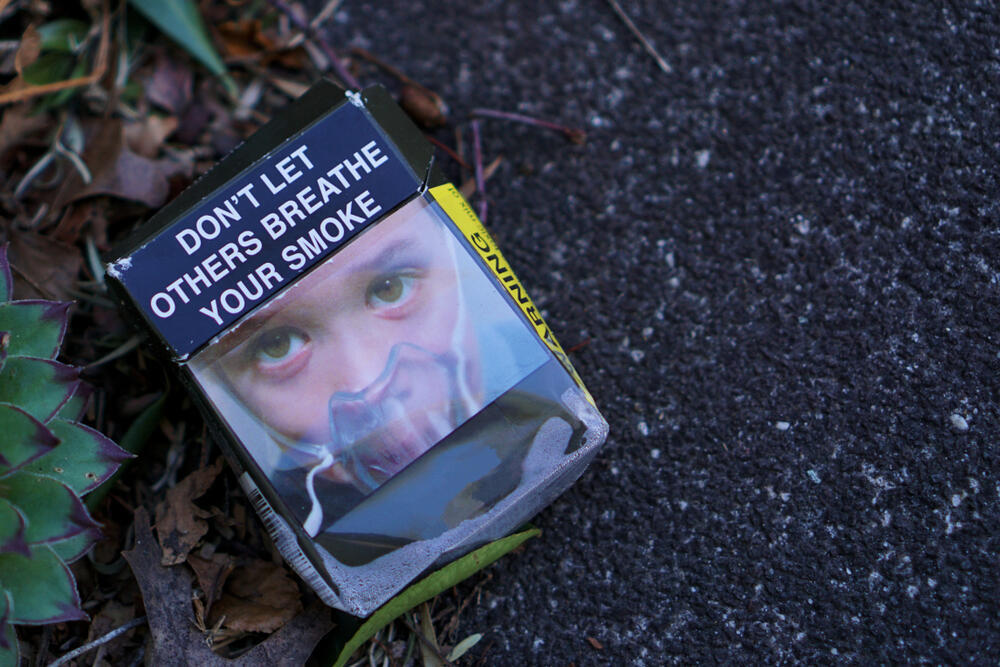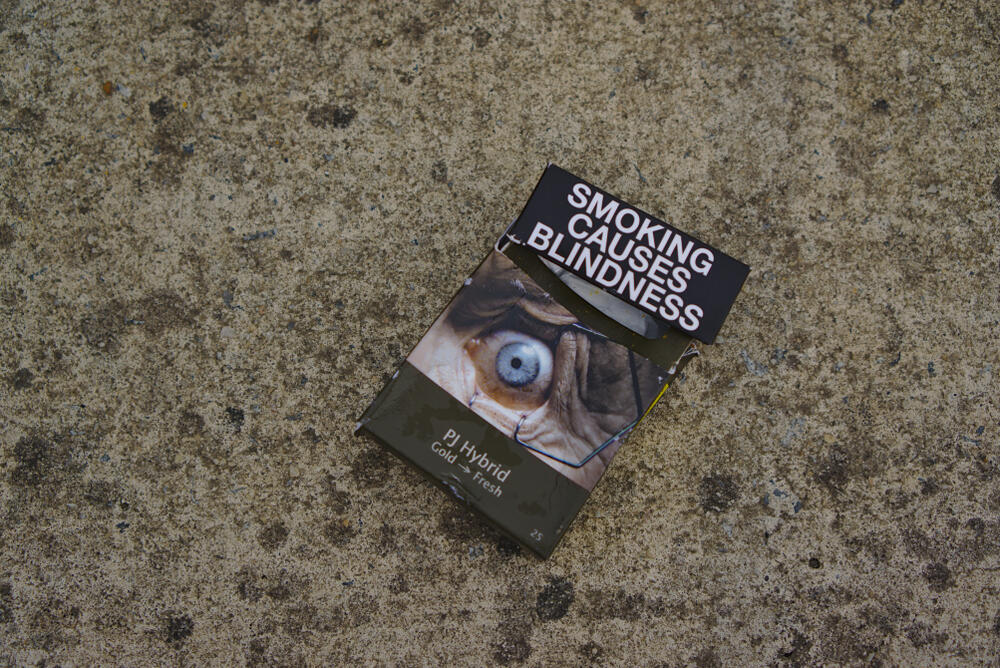Getting your Trinity Audio player ready...
The Knesset, Israel's legislative body, has given its final approval to legislation requiring the packaging of smoking products, including cigarette packs, to carry graphic images that highlight the health risks associated with smoking. This legislation, which aims to ban advertising and restrict the marketing of tobacco and smoking-related products, passed without any votes of opposition or abstention.
However, the legislation doesn't establish a definitive timeline for implementation, and the decision to depict disturbing images of smoking-related harm is left to the discretion of the Health Minister. Similar legislation has been enacted in several countries worldwide, and it is not known how Israel will stack up in terms of implementing this law.
The new law mandates the inclusion on the packaging of smoking products of images depicting the harmful effects of smoking. Non-compliance with this rule will be considered a criminal offense. The Health Minister, with approval from the Knesset Economic Committee, is granted the authority to specify in regulations the various images to be displayed, their size, design and presentation frequency, and how they should be adapted to warnings and their placement on different types of packages.
The legislation permits certain exceptions. For instance, the Health Minister can establish different rules for different types of smoking products and specify that only certain smoking products need to display warning images.
The explanatory notes accompanying the bill clarify that the law seeks to limit the advertising and marketing of tobacco and smoking products to reduce public exposure, particularly among young people and former smokers. It aims to minimize health risks associated with smoking and discourage new users from starting to smoke.
Several months ago, the Health Ministry unveiled its strategy to tackle the issue of electronic cigarettes. The plan proposed a range of measures, such as raising the legal age for purchasing electronic cigarettes to 21, limiting the available flavors and contents of the product, and placing a tax on the devices and their corresponding refills.




